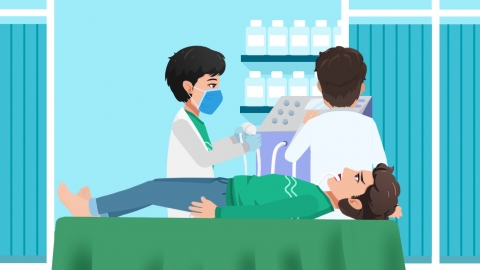How to treat patients with neurotoxic food poisoning
Patients with neurotoxic food poisoning require immediate treatment including induced vomiting and gastric lavage, antitoxin injection, symptomatic and supportive care, intestinal decontamination, and strict bed rest nursing. The condition progresses rapidly and demands prompt professional medical intervention. Immediate medical attention is necessary if symptoms such as difficulty swallowing, breathing difficulties, or limb weakness occur.
1. Emergency Induced Vomiting and Gastric Lavage: Within 4 hours of symptom onset, induce vomiting or perform gastric lavage to remove residual toxins from the stomach, thereby reducing toxin absorption. This procedure must be conducted under the guidance of healthcare professionals to prevent airway obstruction by vomitus and to buy time for further treatment.
2. Antitoxin Injection: Administer specific antitoxins as early as possible to neutralize free toxins in the body and reduce neurological damage. The dosage must be strictly followed, and patients should be closely monitored for allergic reactions to ensure safe and effective treatment.

3. Symptomatic and Supportive Treatment: Provide oxygen therapy or mechanical ventilation for patients with respiratory distress, use nasogastric feeding to supply nutrition for those with swallowing difficulties, and implement rehabilitation care for individuals with limb weakness. Maintain stable vital signs and prevent complications.
4. Intestinal Decontamination: Use laxatives or enemas to eliminate unabsorbed toxins from the intestines, minimizing prolonged toxin effects. Procedures should be adjusted according to the patient’s physical condition to avoid increasing intestinal burden.
5. Strict Bed Rest Nursing: Patients must remain absolutely confined to bed to reduce physical exertion and prevent worsening of neurological symptoms. Close monitoring of consciousness, respiration, heart rate, and other vital signs is essential to detect any changes in condition promptly.
In daily life, ensure food freshness, avoid high-risk foods such as spoiled meat and canned goods, refrigerate leftovers promptly, and thoroughly reheat food before consumption to reduce the risk of poisoning.





